This post is also available in: Español (Spanish) Kreyòl (Haitian Creole)
In April, dozens of midwives and other traditional birth workers flew to New York City from as far south as Chile and as far north as Alaska to convene ahead of the United Nations Permanent Forum on Indigenous Issues (UNPFII). They came to discuss common challenges and draw up demands to present at the UN forum itself. Allies from as far as Nepal, Australia and Kenya joined in the effort. With 11 countries represented, the common threads were many and strong, including an idea that became an emphatic refrain of the two-day gathering: “The future is ancestral.”
As deeply traditional, personal and essential as traditional birth practices may be, practitioners across the world face harmful discrimination and even criminalization. Many have become increasingly vocal about their rights and what is needed to ensure they can practice to the best of their abilities and safeguard the health and well-being of mothers and babies.
The event was primarily organized by the Nich Ixim Midwives Movement of Chiapas and represented a significant step in its evolution. Founded in 2014, Nich Ixim, which means “flower of corn” in Tseltal and Tsotsil, now comprises more than 600 Indigenous midwives. Supported by WKKF grantee organizations (Formación y Capacitación; Asesoría, Capacitación y Asistencia en Salud; Camati Mujeres Construyendo desde Abajo, Sakil Nichim Antsetik and Global Pediatric Alliance), Nich Ixim works to improve the health and well-being of mothers and children through trainings, and it fights for the rights of mothers, children and midwives through advocacy on state, national and international levels
In 2019, under the leadership of Nich Ixim, a collection of civil society organizations, academics and key stakeholders agreed to establish a National Agenda for the Defense and Promotion of Traditional Midwifery to respond to official threats to the practice of midwifery in Mexico. The National Agenda now has the backing and participation of midwives from 12 Mexican states.
Although members of the Nich Ixim movement have attended the UNPFII in past years, this was their first time convening an international cohort of birth workers and presenting demands as a united force at the forum itself. The demands presented by the coalition at the 23rd session of the UNPFII (2024) included:
- that states recognize traditional health systems, ancestral knowledge, practices, sciences and Indigenous technologies.
- the elimination of obstacles to Indigenous people’s transmission of their knowledge to new generations.
- Indigenous and traditional birth workers’ right to review and modify the WHO and UNFPA protocols, which currently characterizes traditional midwifery as an unsafe option.
- the implementation of measures to ensure that countries are held accountable for progress on the health of Indigenous peoples and in respect for the rights of women and Indigenous midwives.
- the creation of a permanent committee on traditional and Indigenous midwifery within the Permanent Forum to promote measures that guarantee the safeguarding and respect of their knowledge and their essential work for the health of women and the survival of their communities.
In the state of Chiapas and in Mexico more broadly, Nich Ixim has made progress over the years in terms of amplification and recognition of its demands. Its agenda has been endorsed by the Chiapas House of Representatives (paving the way for the Ministry of Health and Civil Registry Office to implement them) as well as by Indigenous midwives across Mexico; the movement is now collaborating with one of the country’s main public health institutions, putting the midwives in contact with hospitals in case women require emergency care; and thanks to the movement’s advocacy, Mexico’s General Health Law reform now includes two of its agenda items: protection of the practice of traditional midwifery, and midwives’ right to issue birth certificates.
During their pre-UNPFII gathering in New York City, the coalition of birth workers received two official visits: one by Adelfo Regino Montes, director general of Mexico’s National Institute of Indigenous Peoples, and one by Dario Mejía Montalvo, then chairman of the UNPFII. Both expressed their solidarity with the midwives, emphasizing the importance of their work to advance the health and well-being of Indigenous communities for generations, and both said they were committed to taking the coalition’s proposals and to other potential allies.
Joining Nich Ixim in New York were representatives of more than 30 organizations, including more than a dozen WKKF grantees from the U.S., Haiti and Mexico. See complete list below. And click here to read a BBC article about the Nich Ixim midwives movement.
Following the forum, the UNPFII released its report on the 2024 session, in which it echoed several of the Alliance’s demands. See excerpt below and link to the full document.
The Permanent Forum recognizes the urgent need to increase commitment to the health of Indigenous women globally, as their health needs are often underserved and they lack culturally appropriate care, including as a result of the criminalization of traditional childbirth practices. The Forum urges Member States and United Nations entities to collaborate in developing programmes and allocating funds that prioritize the health of, and midwifery services for, Indigenous Women; and in increasing the visibility of the situation with regard to the health of Indigenous women through more disaggregated data. The Forum calls for the revision of discriminatory laws affecting Indigenous women. The Forum invites the World Health Organization (WHO), the United Nations Population Fund and the United Nations Children’s Fund to partner in identifying and documenting good practices of culturally appropriate health interventions from their work at the country level, including supporting Indigenous women and girls in exercising their sexual and reproductive rights. The Forum requests that the entities compile a comprehensive progress report, to be submitted at the 2025 session of the Forum.
Permanent Forum on Indigenous Issues, Report on the twenty-third session (15–26 April 2024)
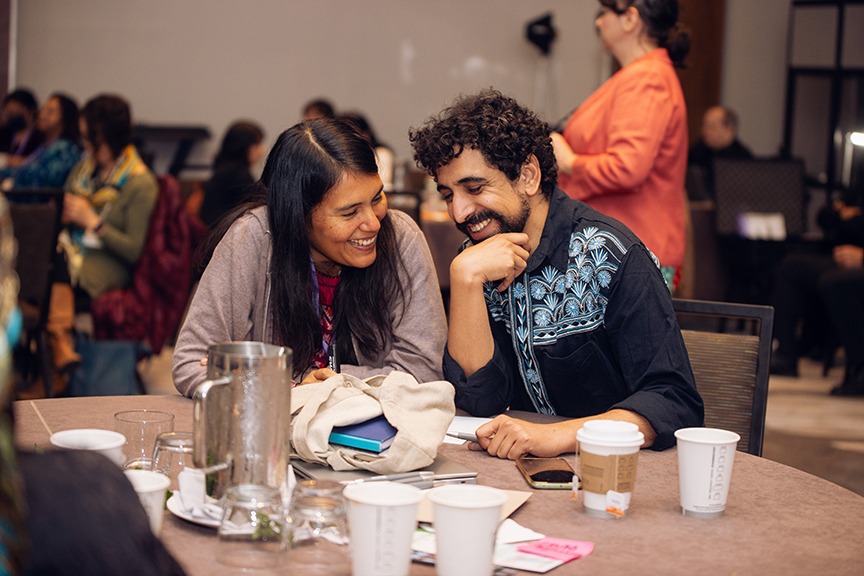
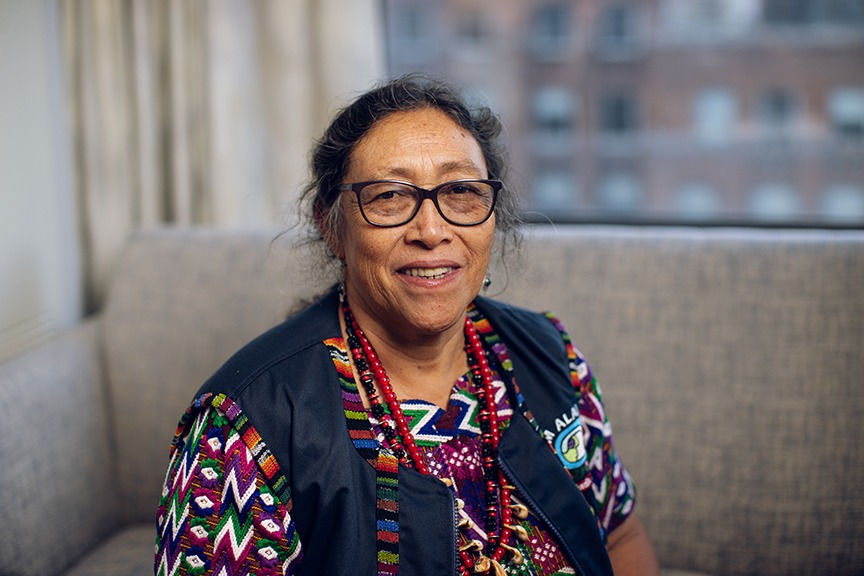
Participants in the gathering of the Alliance of Traditional and Indigenous Midwives of the Americas:
- Agenda Nacional de para la Promoción y Defensa de la Partería Tradicional (Mexico)
- Alaska Native Birthworkers Community
- Asociación Corazón del Agua (Guatemala)
- Asociacion de Parteras Unidas del Pacífico (Colombia)
- Birth Place Lab, University of British Columbia
- Cais do Parto (Brasil)
- Camati Construyendo desde Abajo
- Casa de la Mujer Indígena (Mexico)
- Center for Indigenous Midwifery (United States)
- Chirapaq (Perú)
- Cihuapactli Collective (United States)
- Coordinadora de Mujeres Campesinas e Indígenas (Conamuri), SUNU (Paraguay)
- Every Mother Counts (United States)
- Formación y Capacitación (Mexico)
- Foundation for Advancement of Haitian Midwives, Inc (FAHM)
- Global Pediatric Alliance (Mexico)
- Hummingbird Indigenous Family Services (United States)
- Indigenous Women Rising (United States)
- International Funders for Indigenous Peoples
- Kinal Antzetik DF (Mexico)
- Midwives for Haiti
- Movimiento de Parteras de Chiapas Nich Ixim (Mexico)
- Native American Women’s Dialog on Infant Mortality (United States)
- Navajo Nation Breastfeeding Coalition
- Nim Alaxik (Guatemala)
- Sakil Nichim Antsetik (Mexico)
- Salud de los Pueblos (Bolivia)
- Building the Fire Fund (United States)
- Tewa Women United (United States)
- United Nations
- University of New Mexico
- W.K. Kellogg Foundation

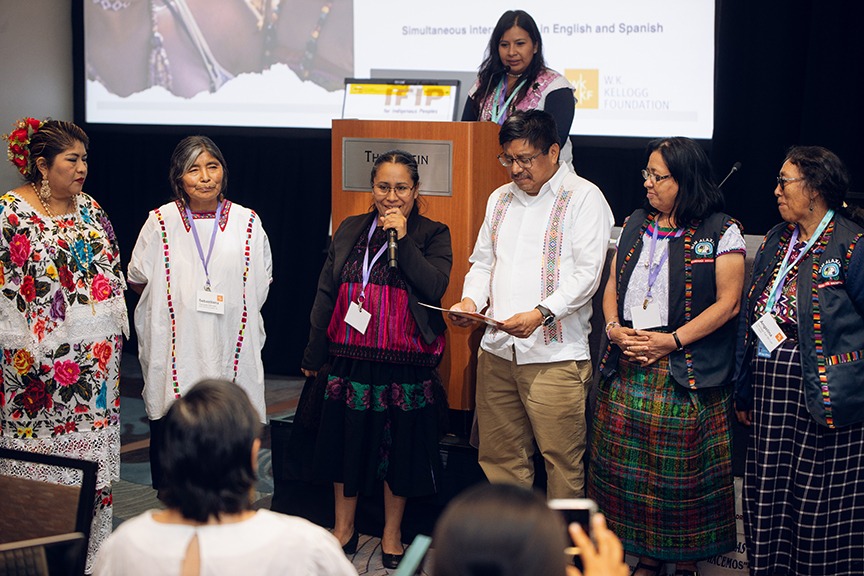
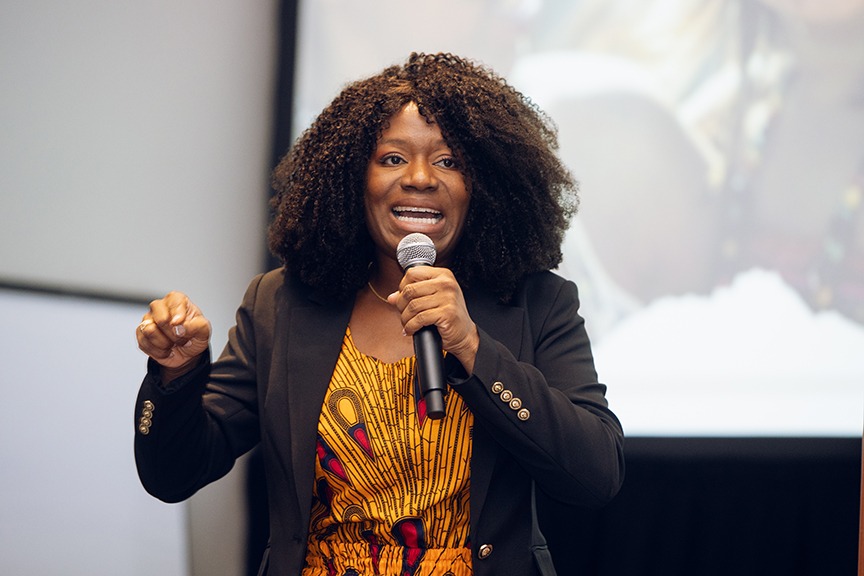
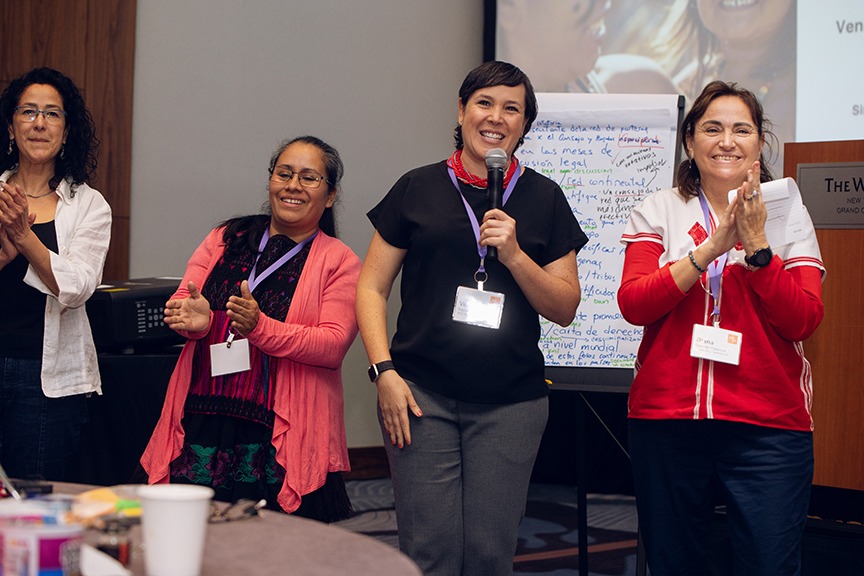
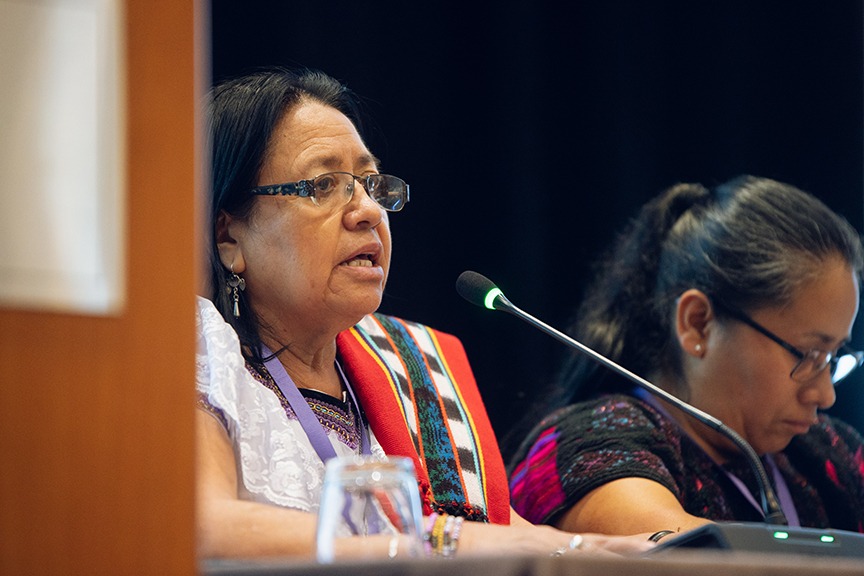
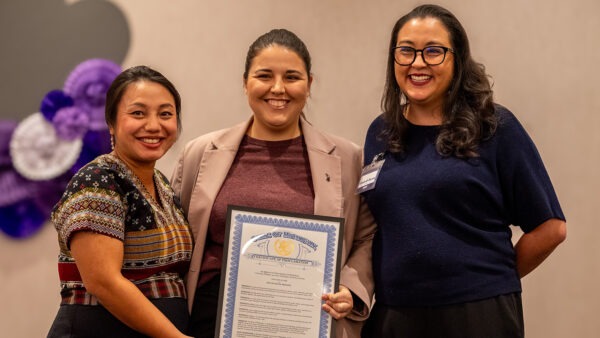
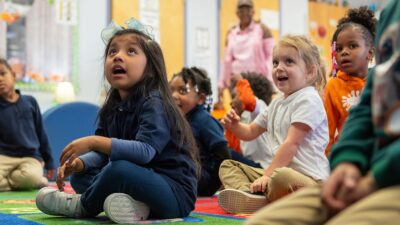
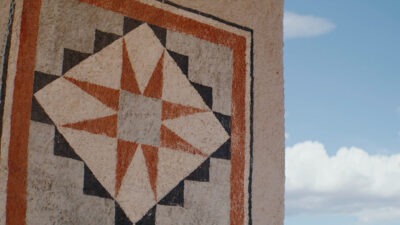
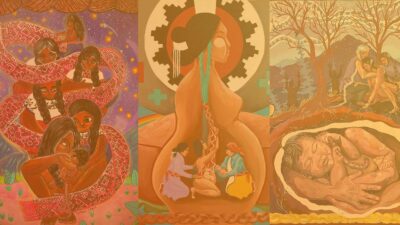

Comments